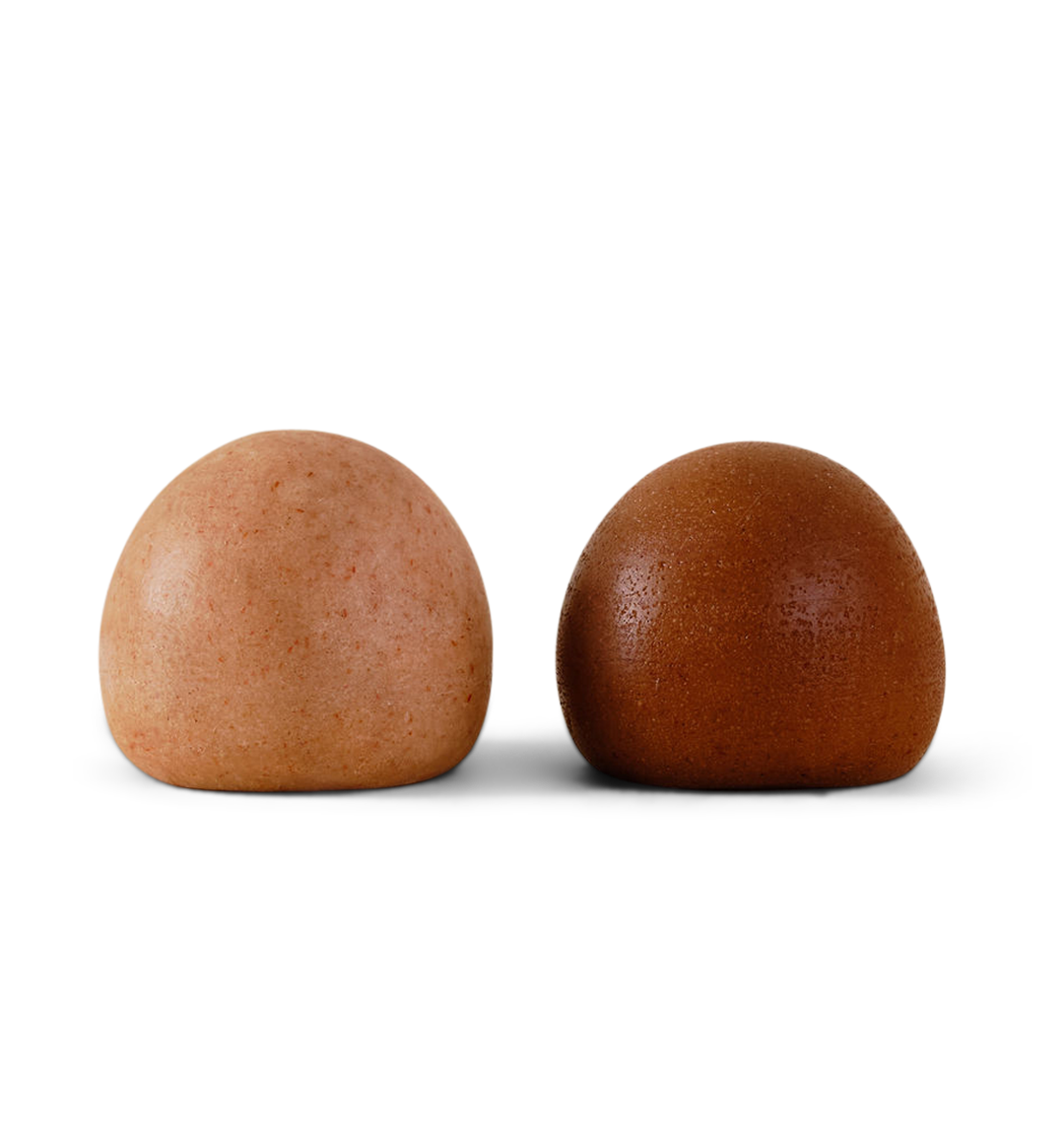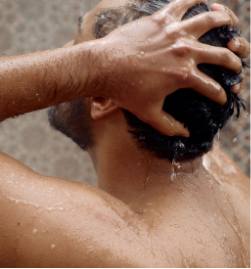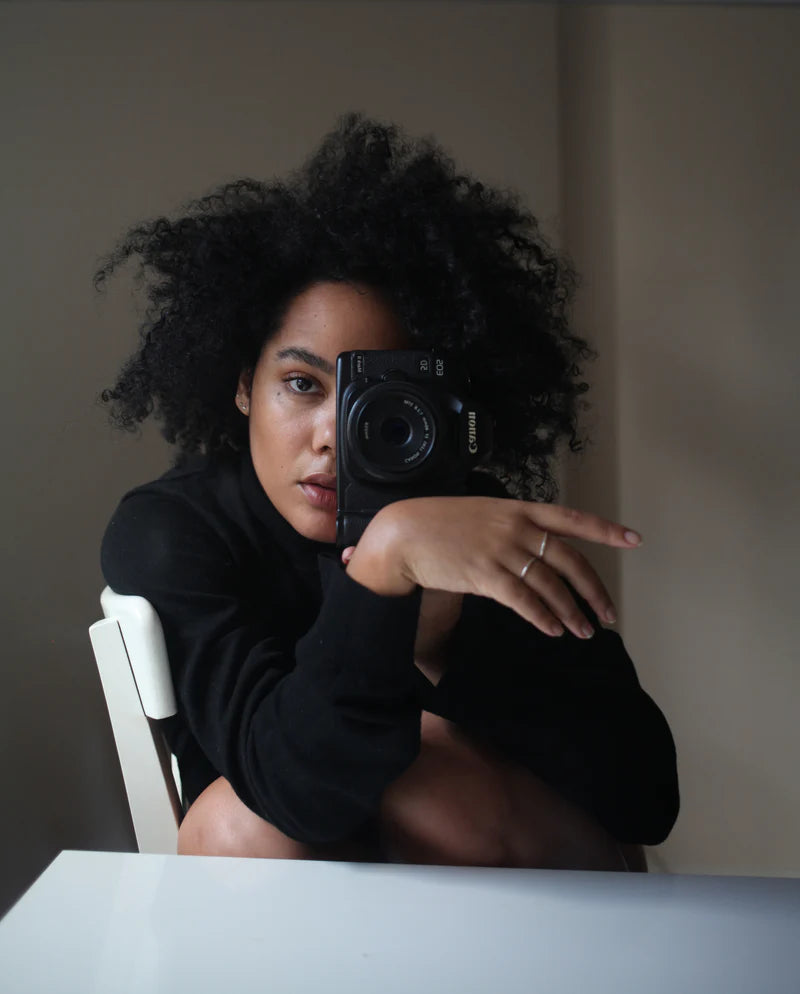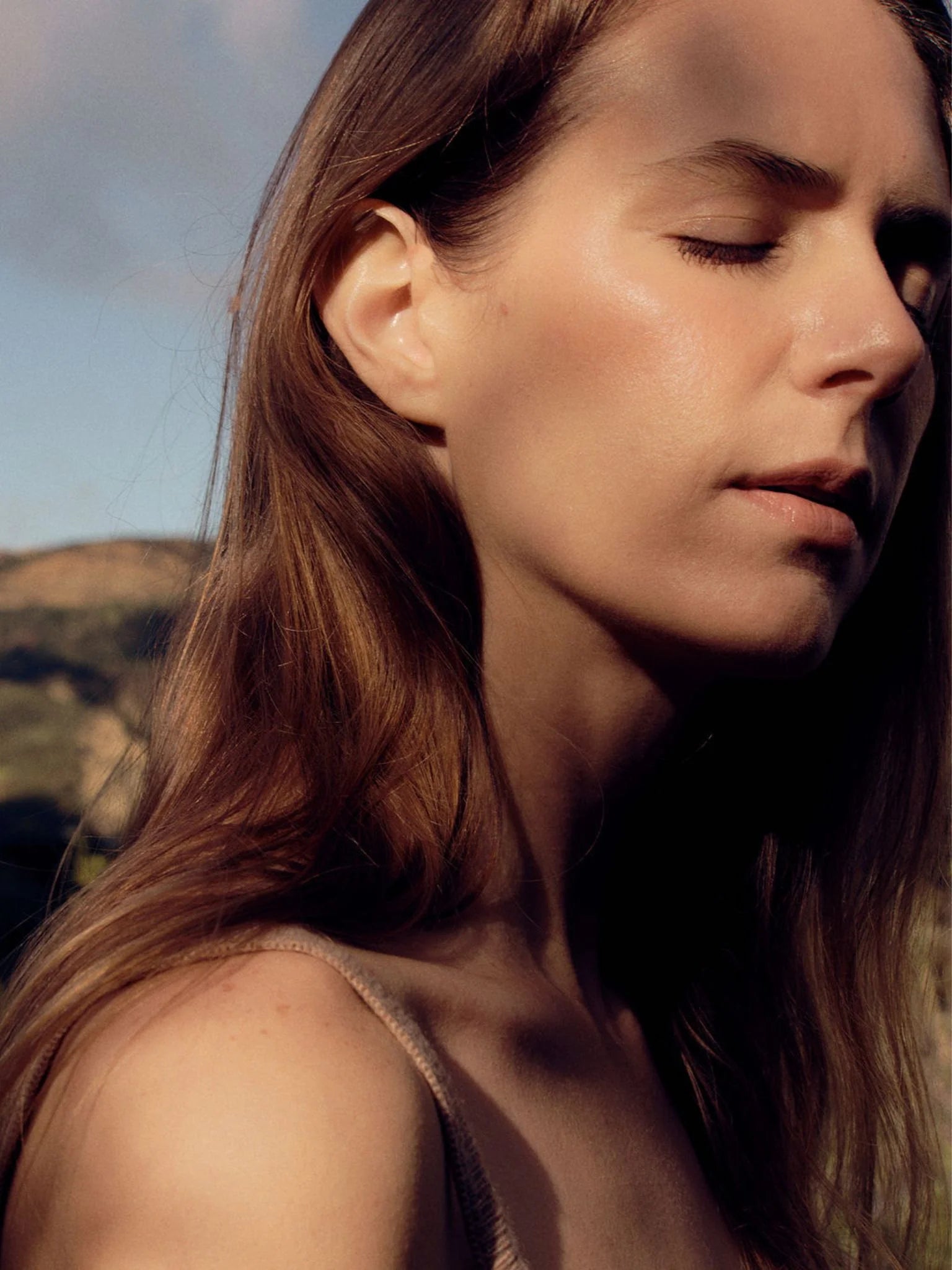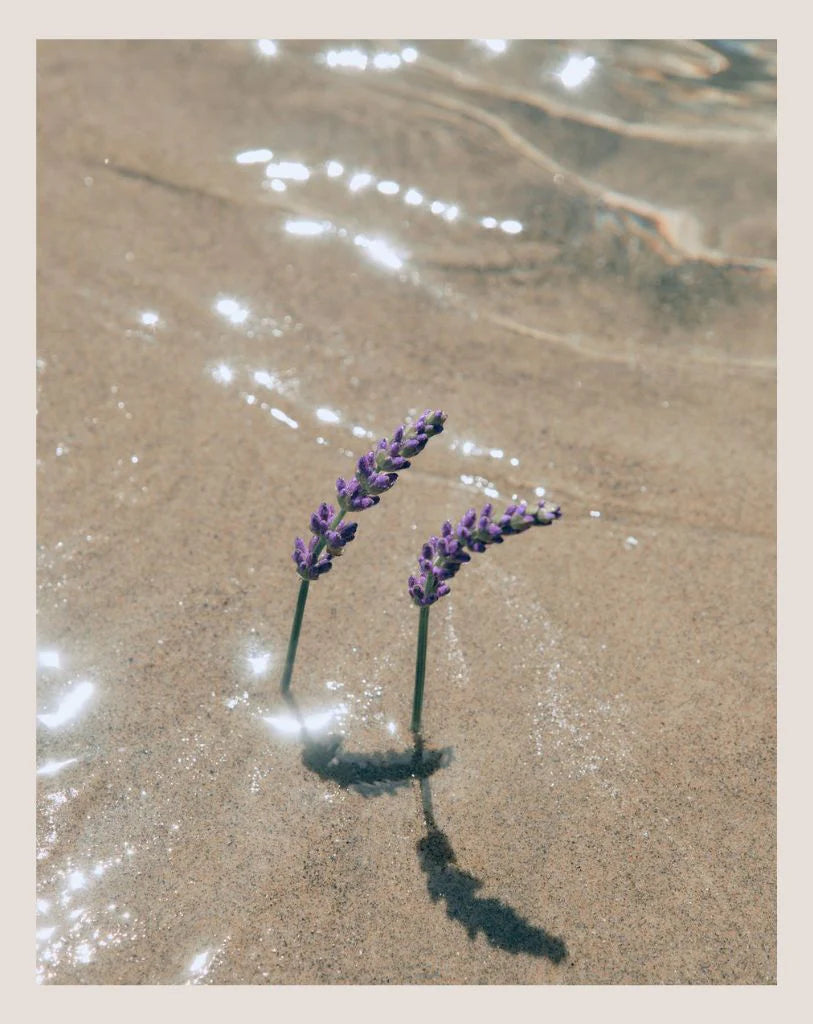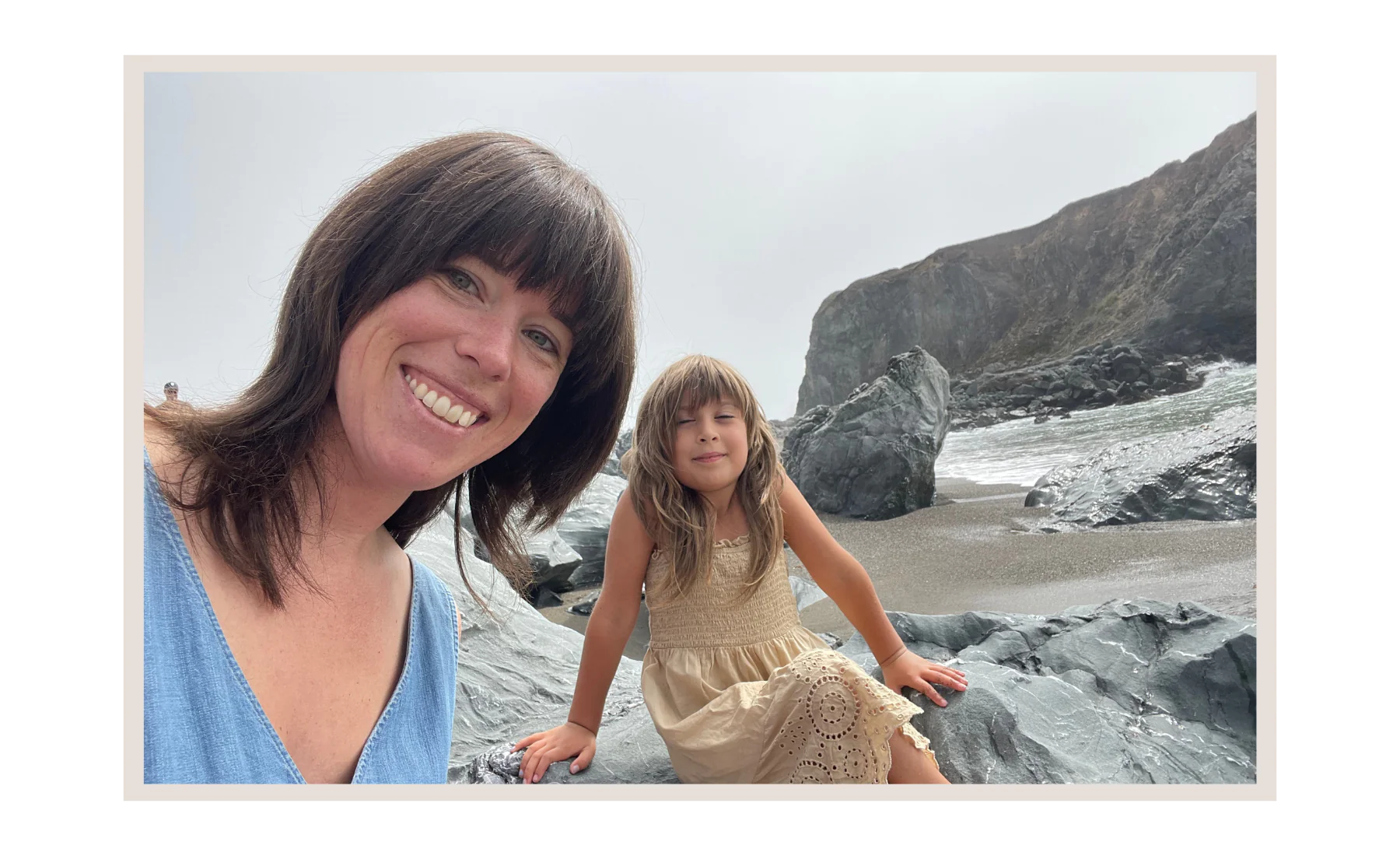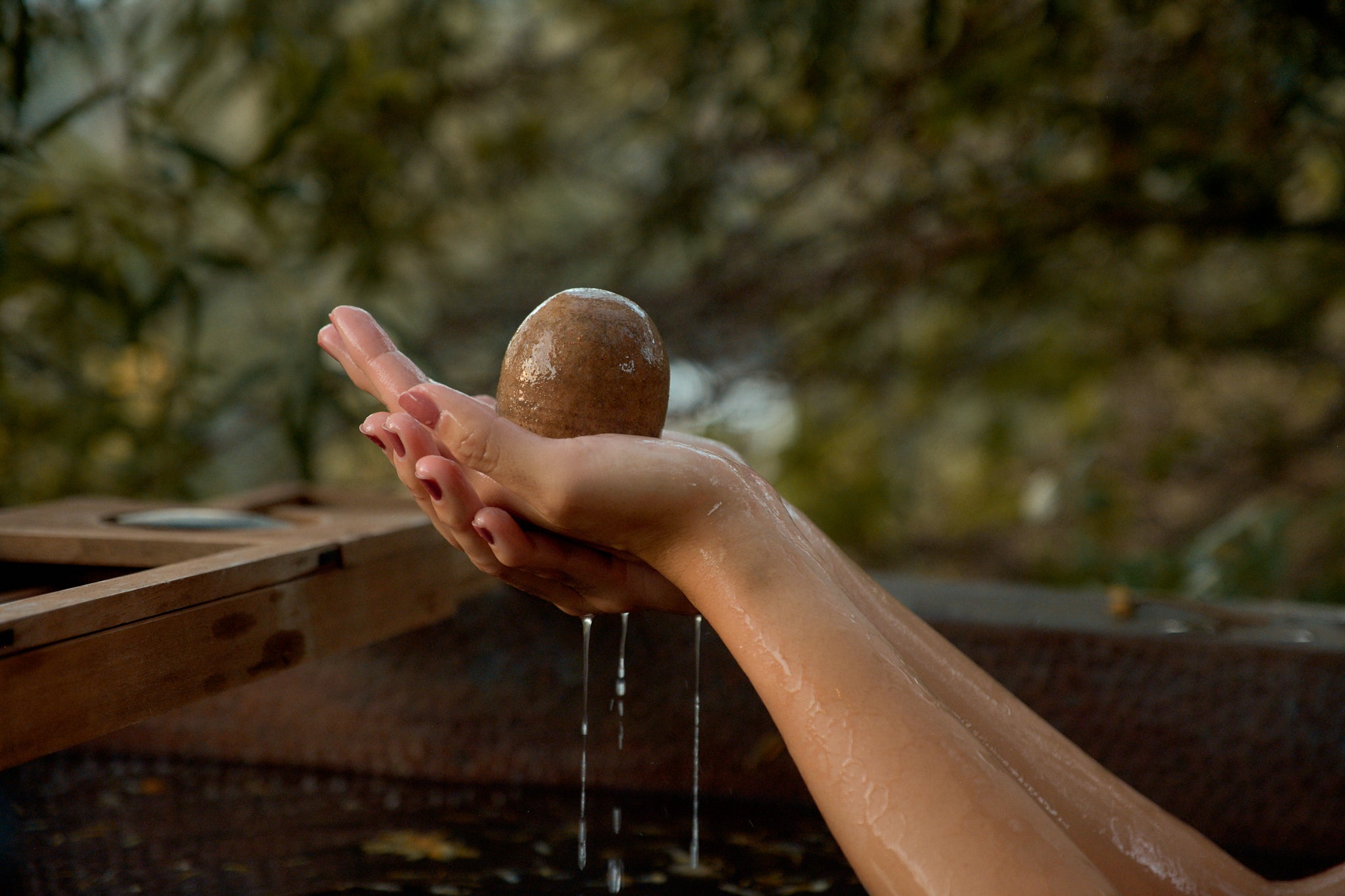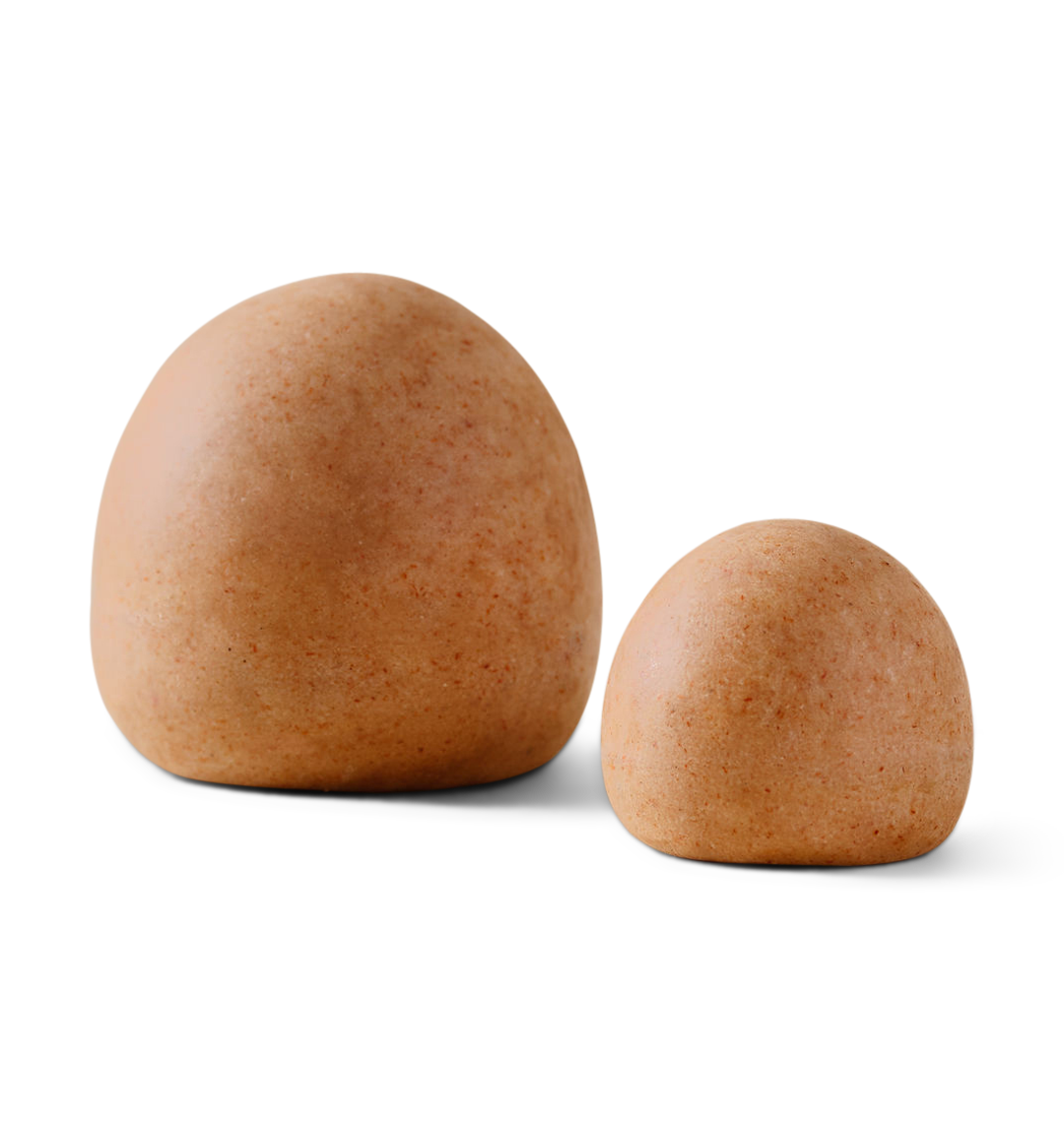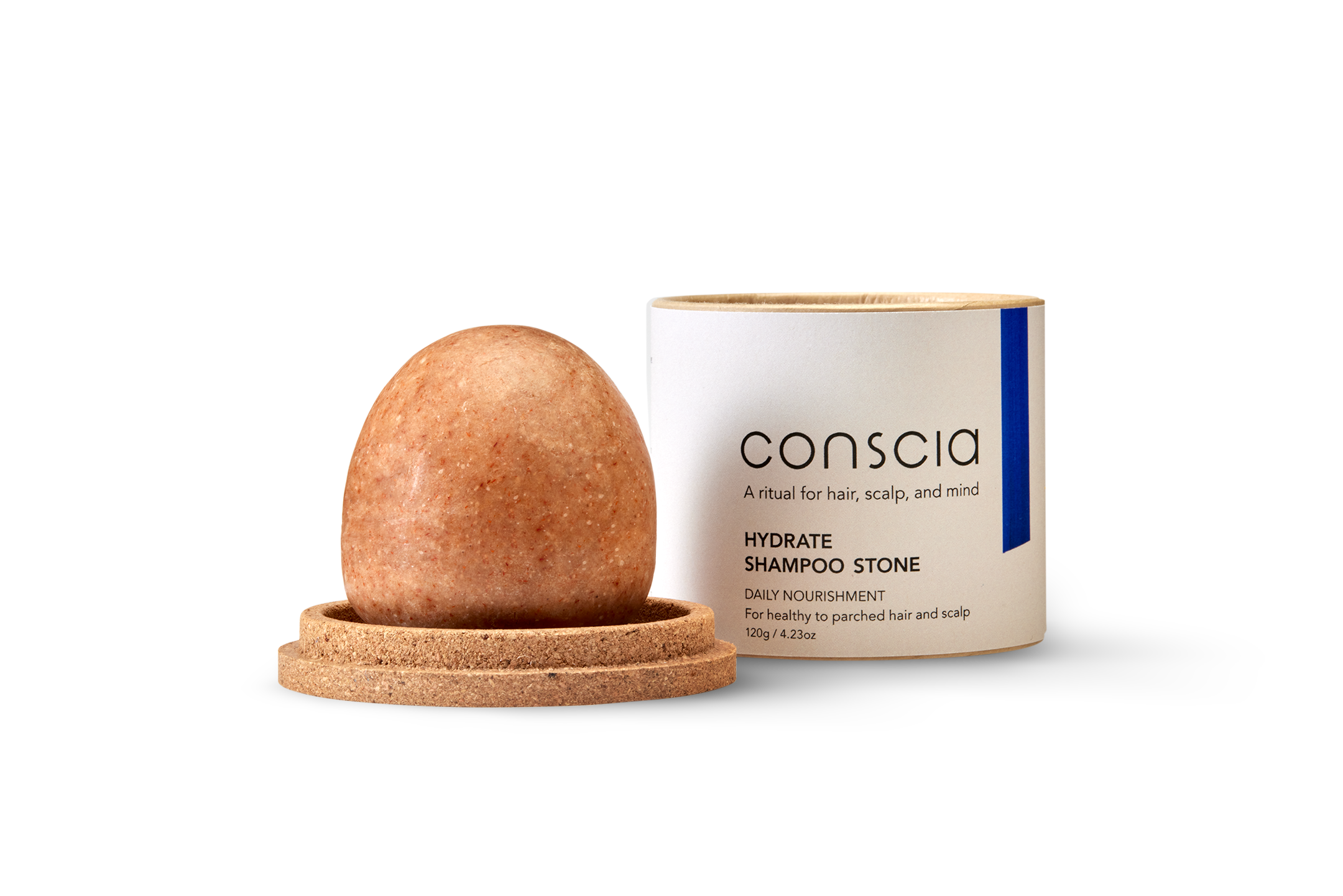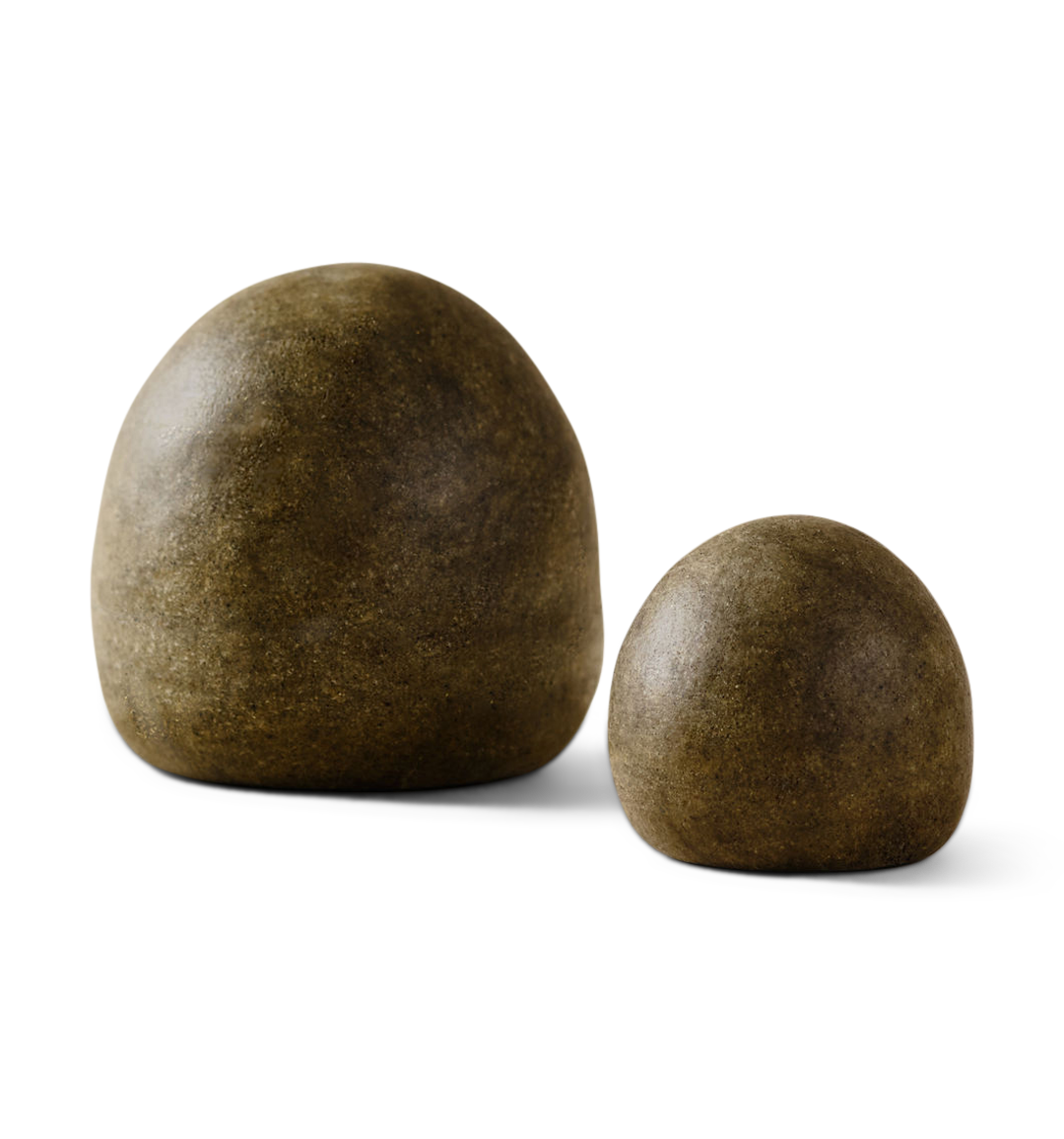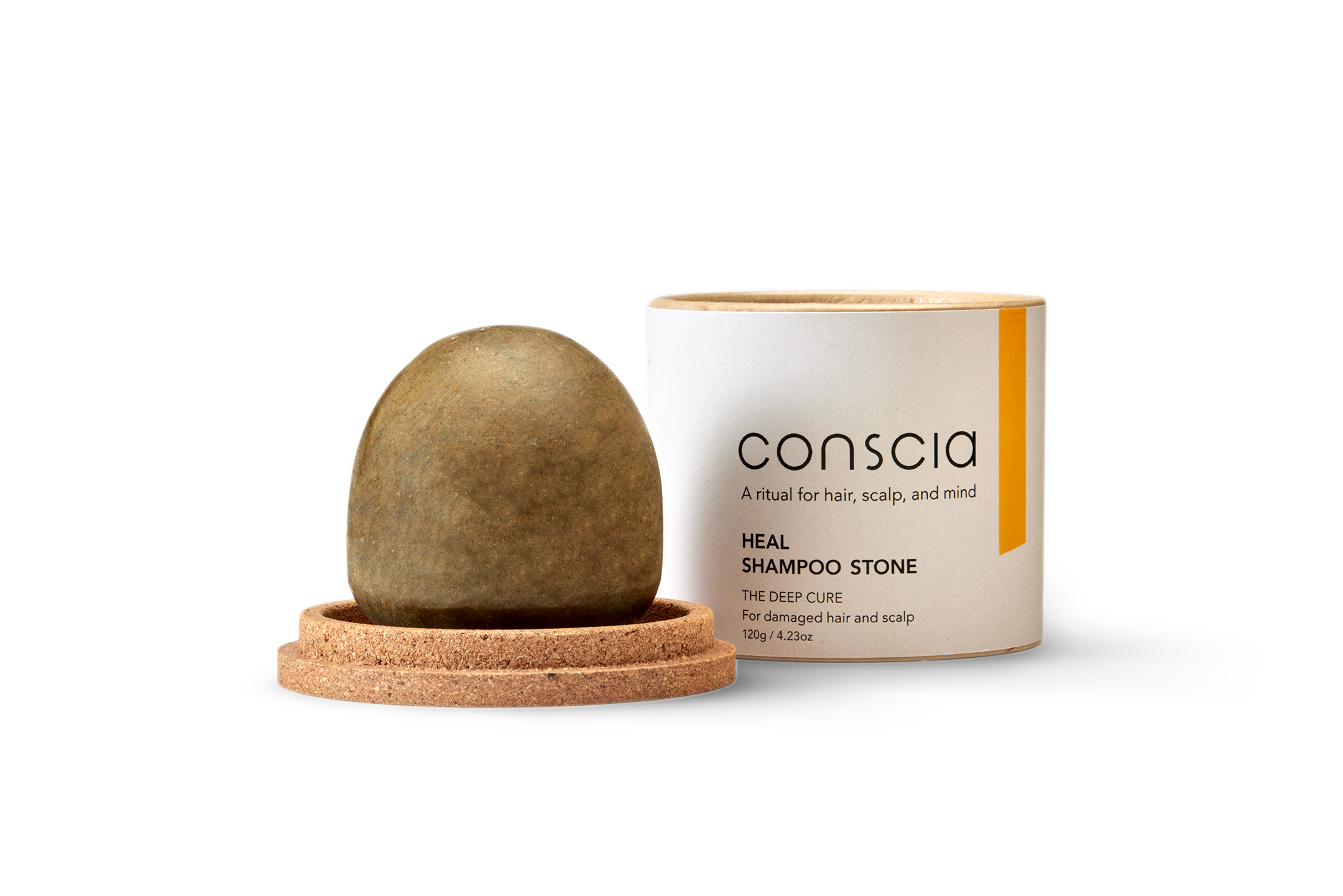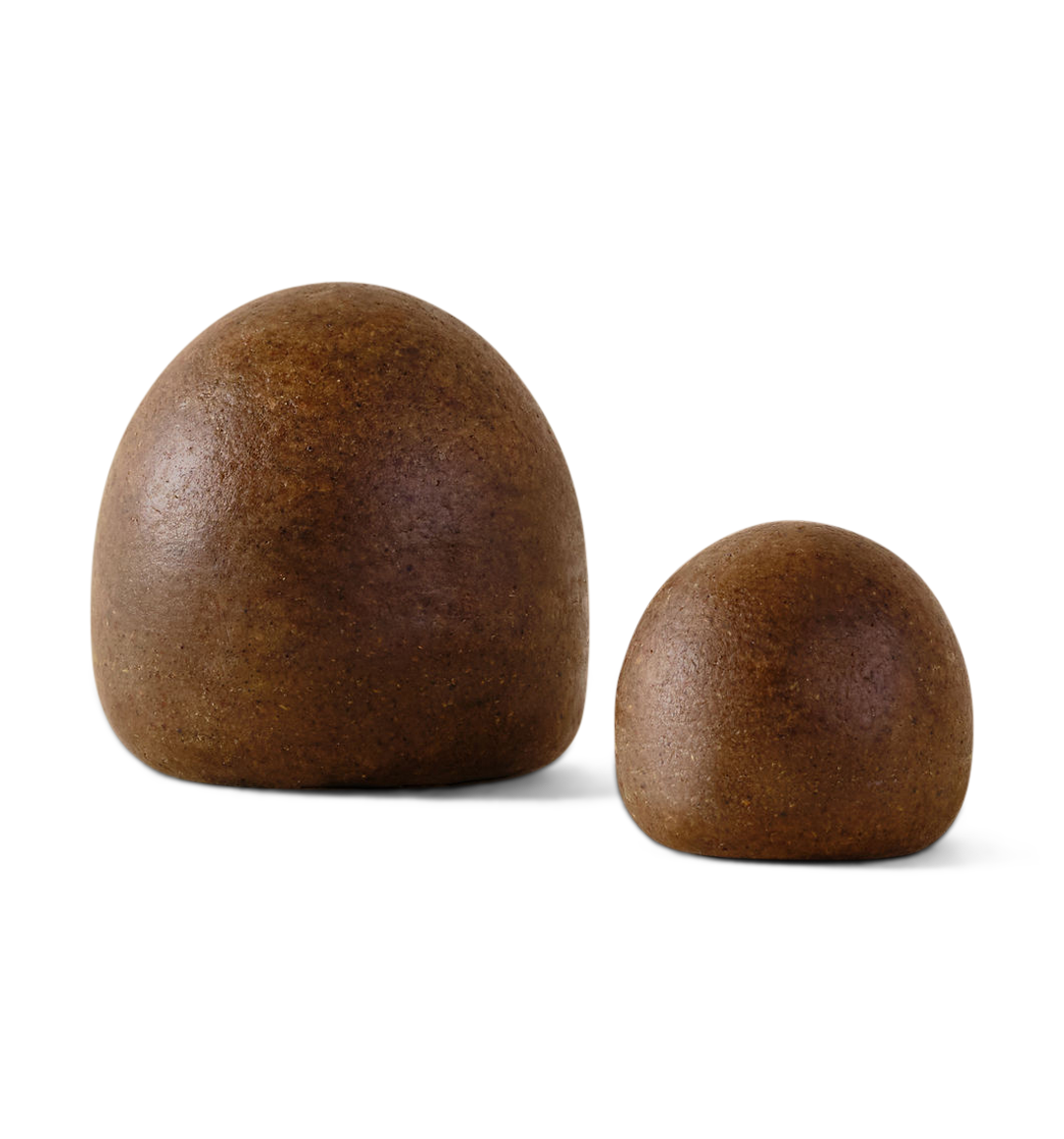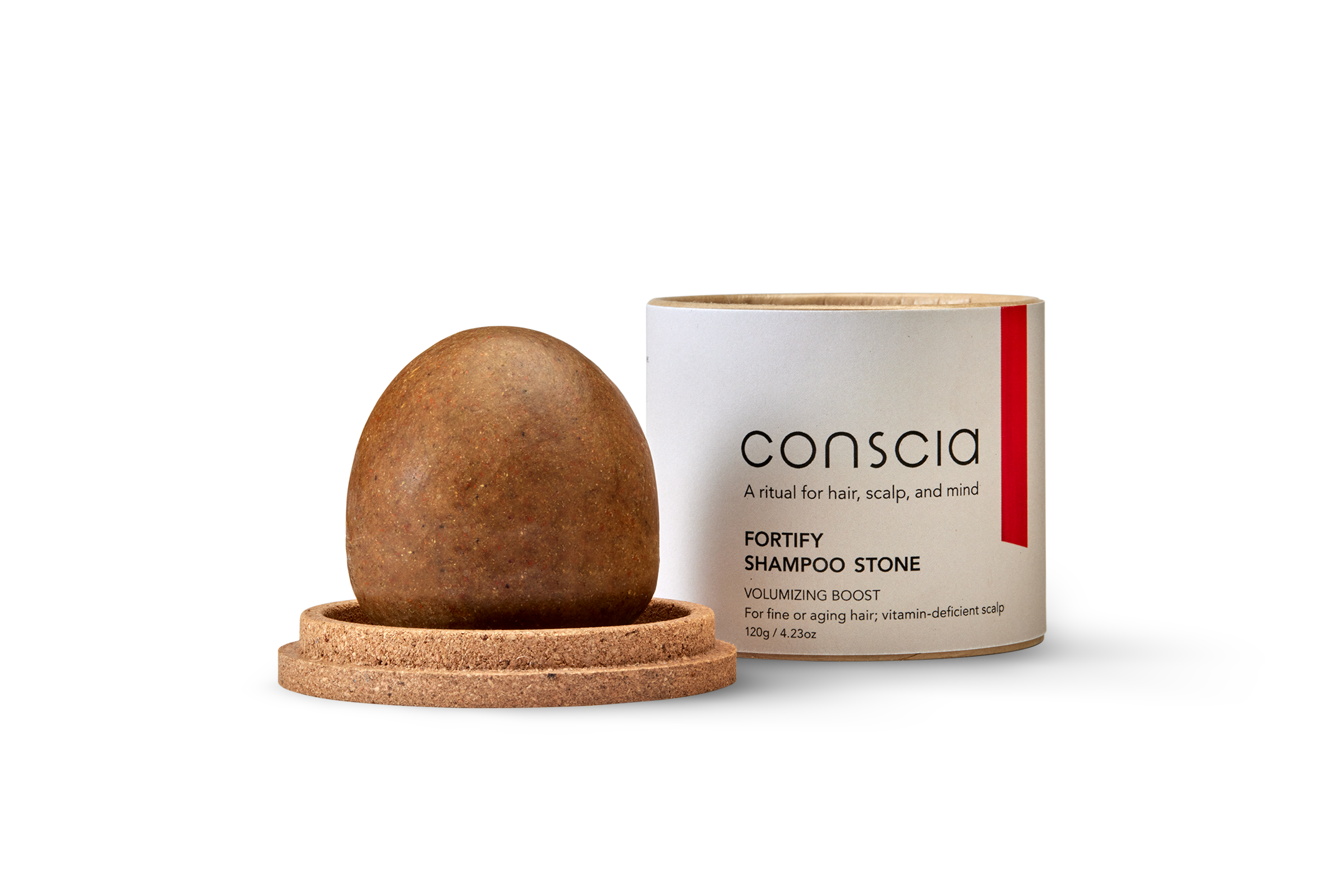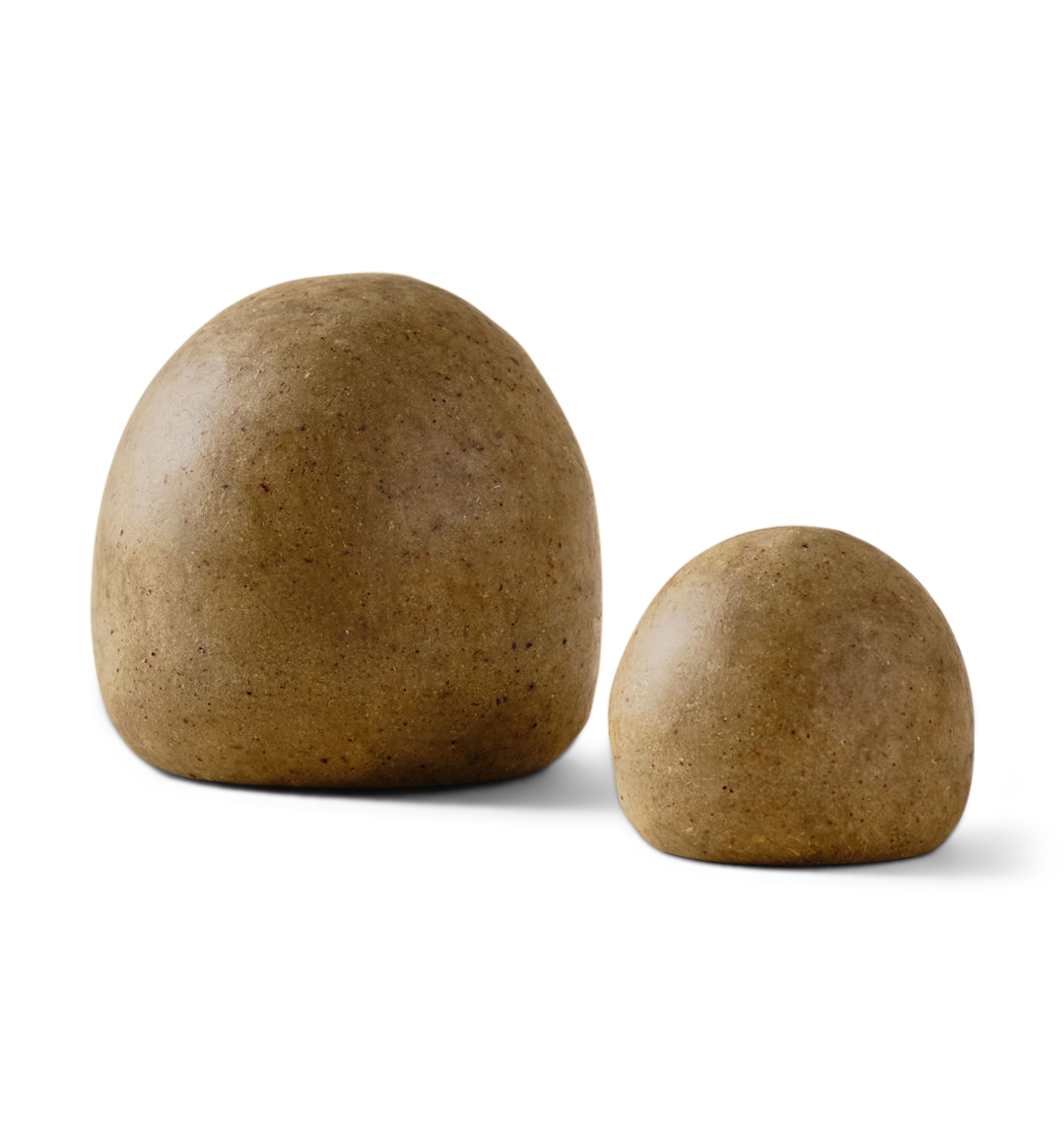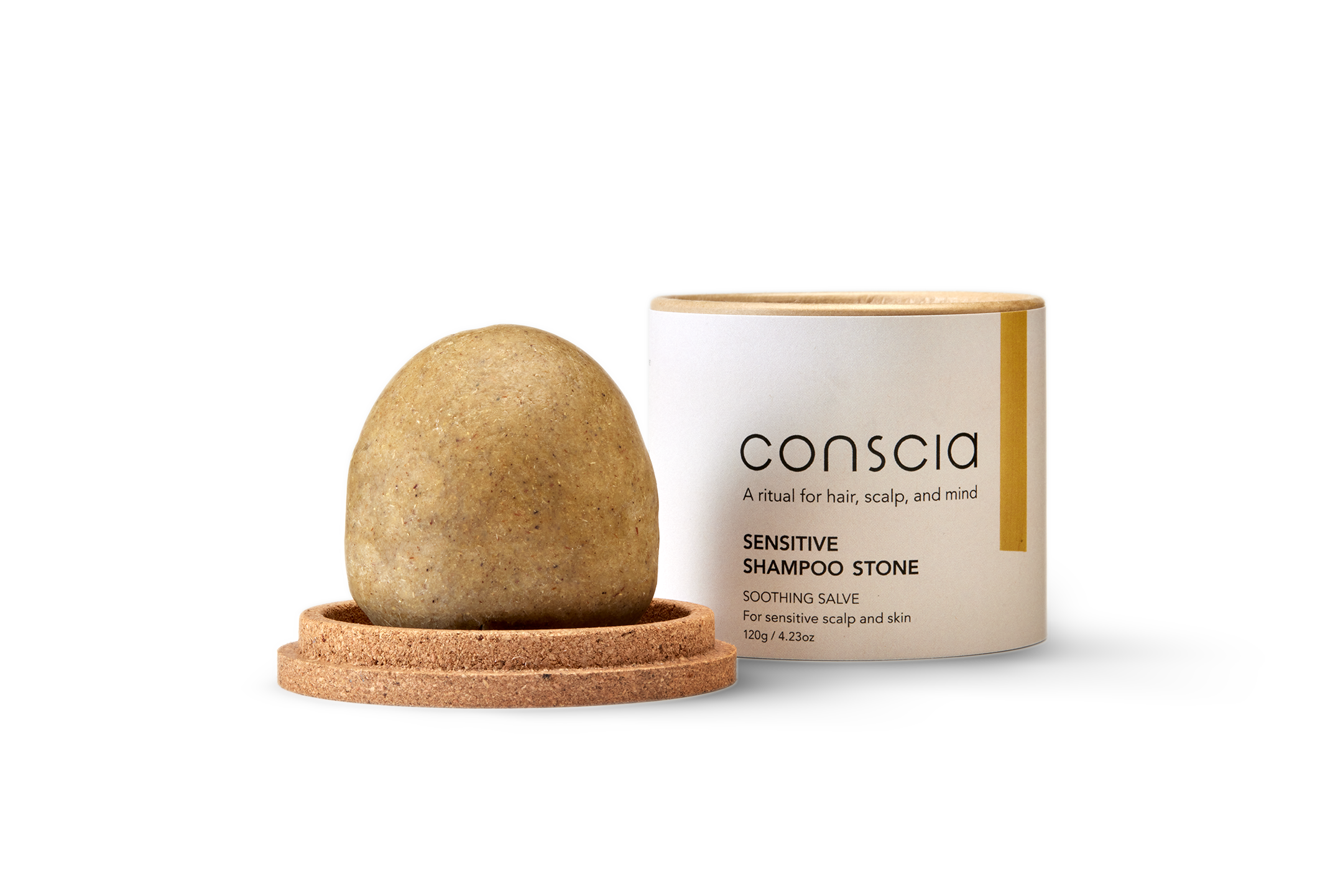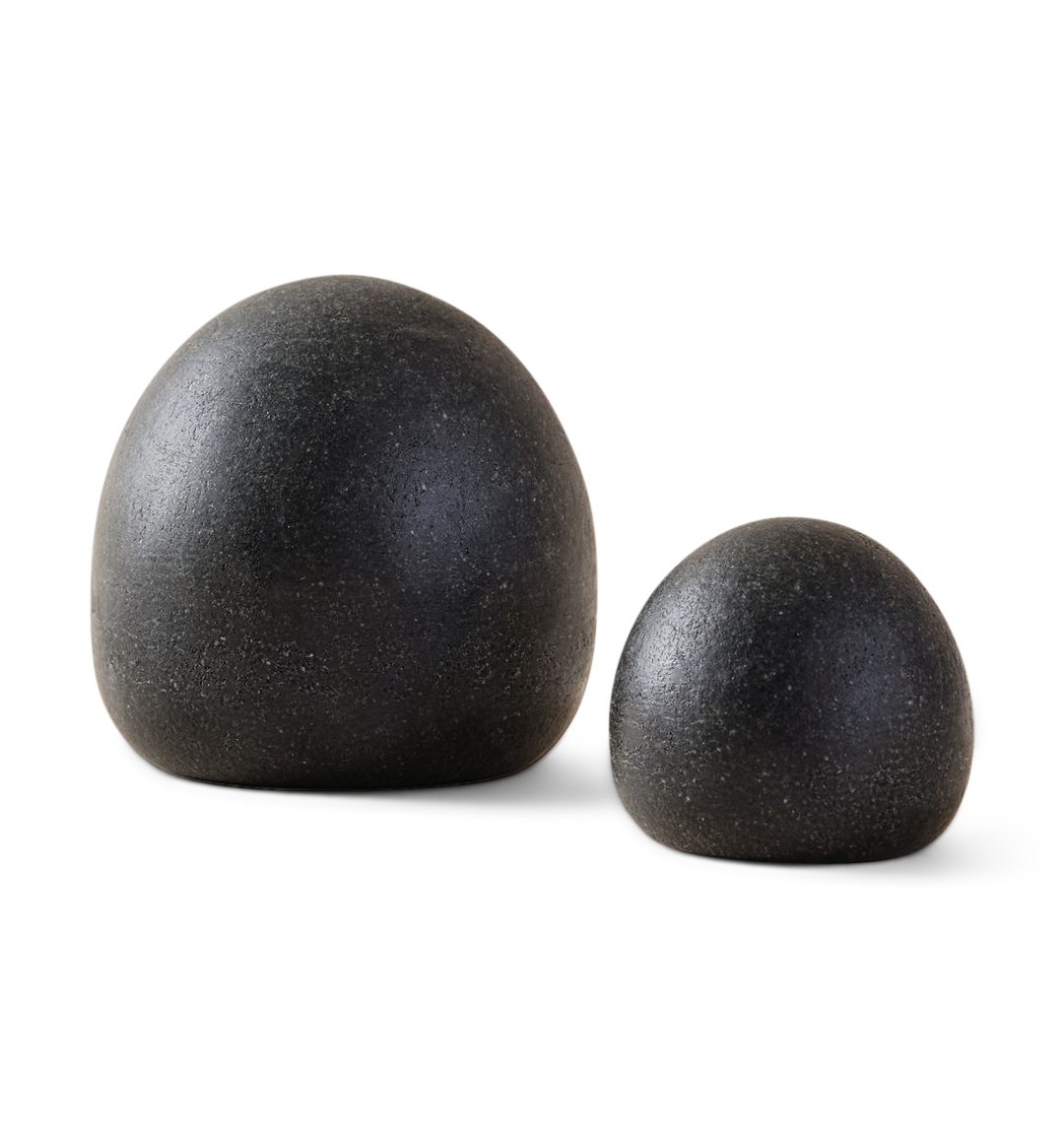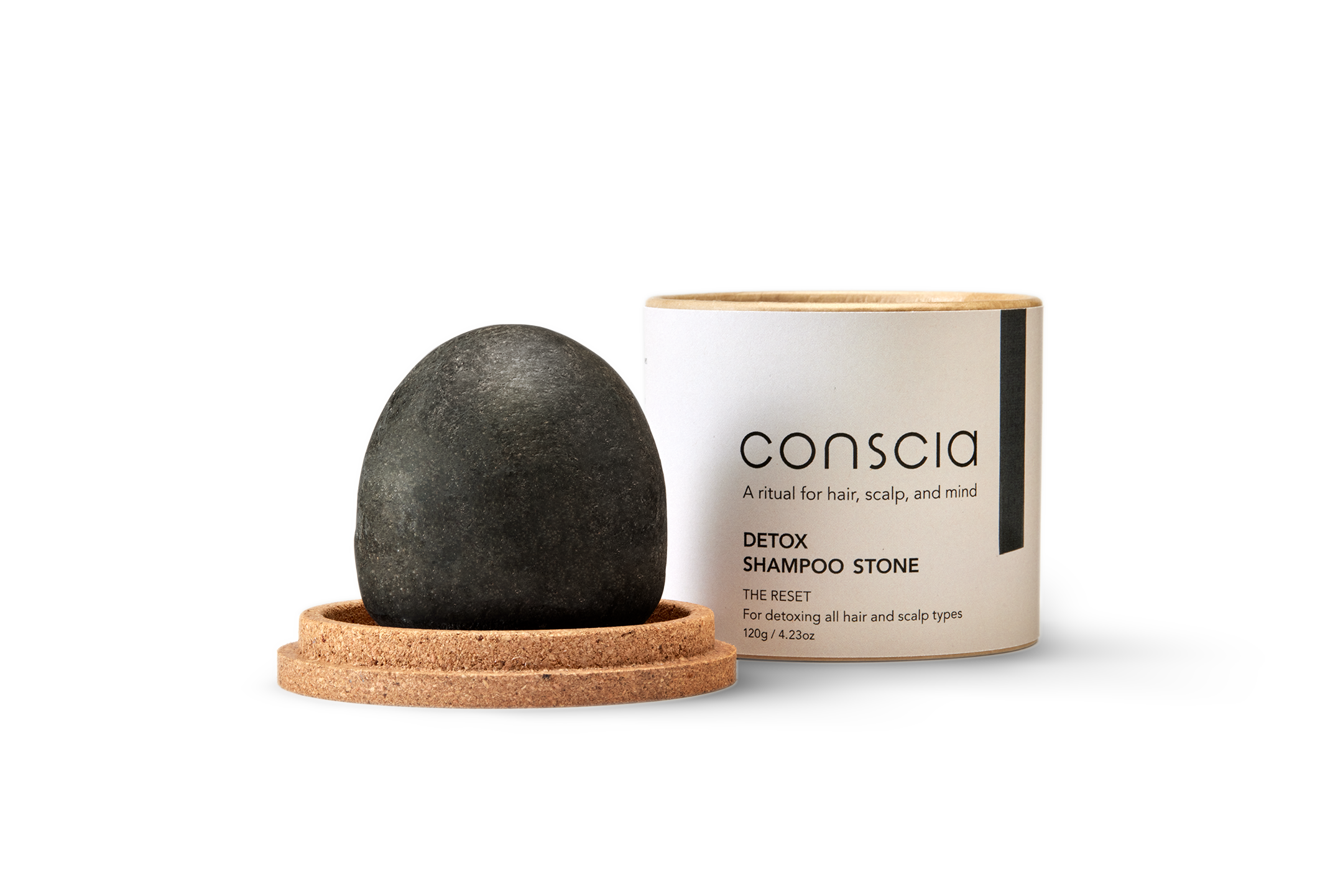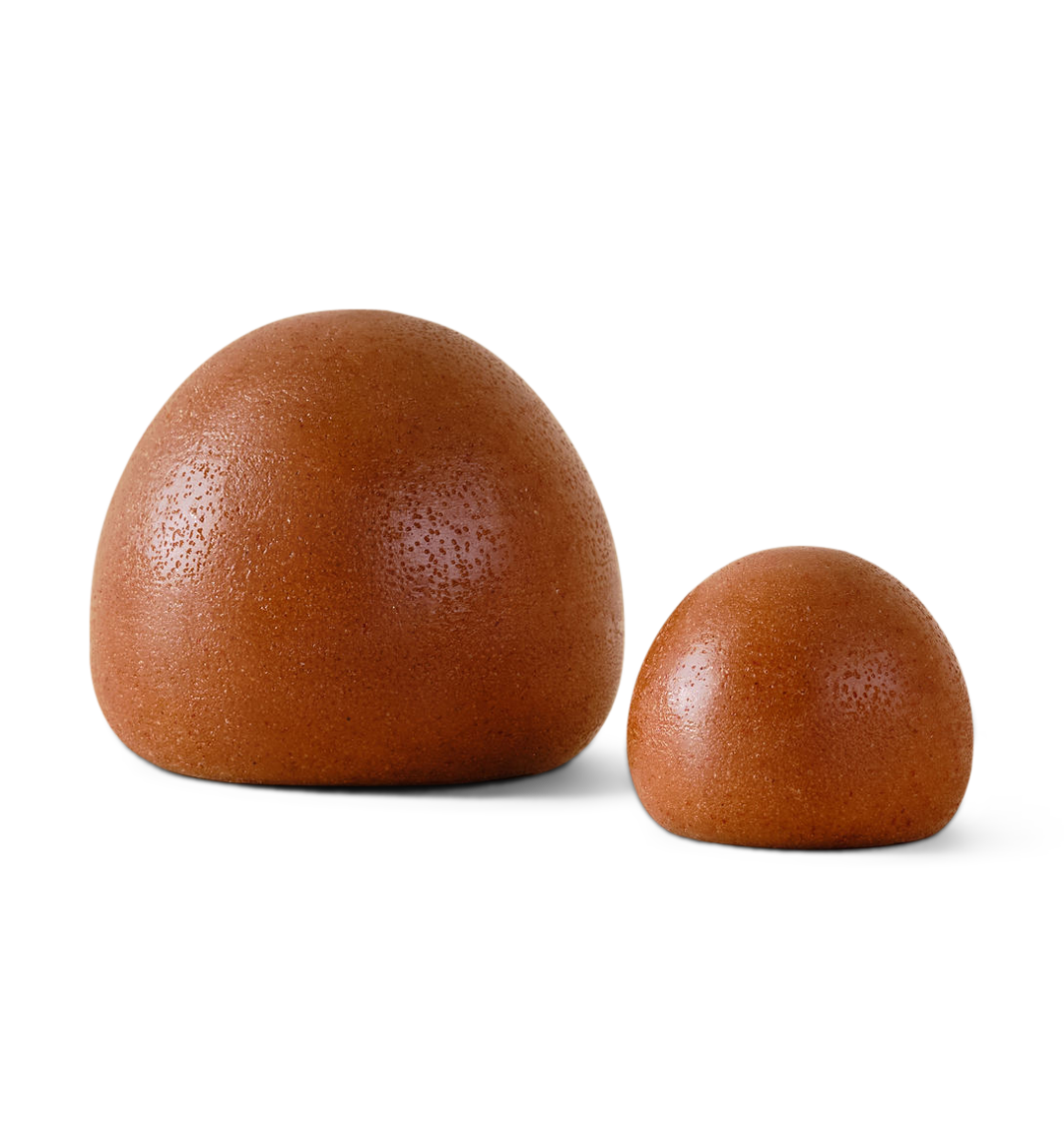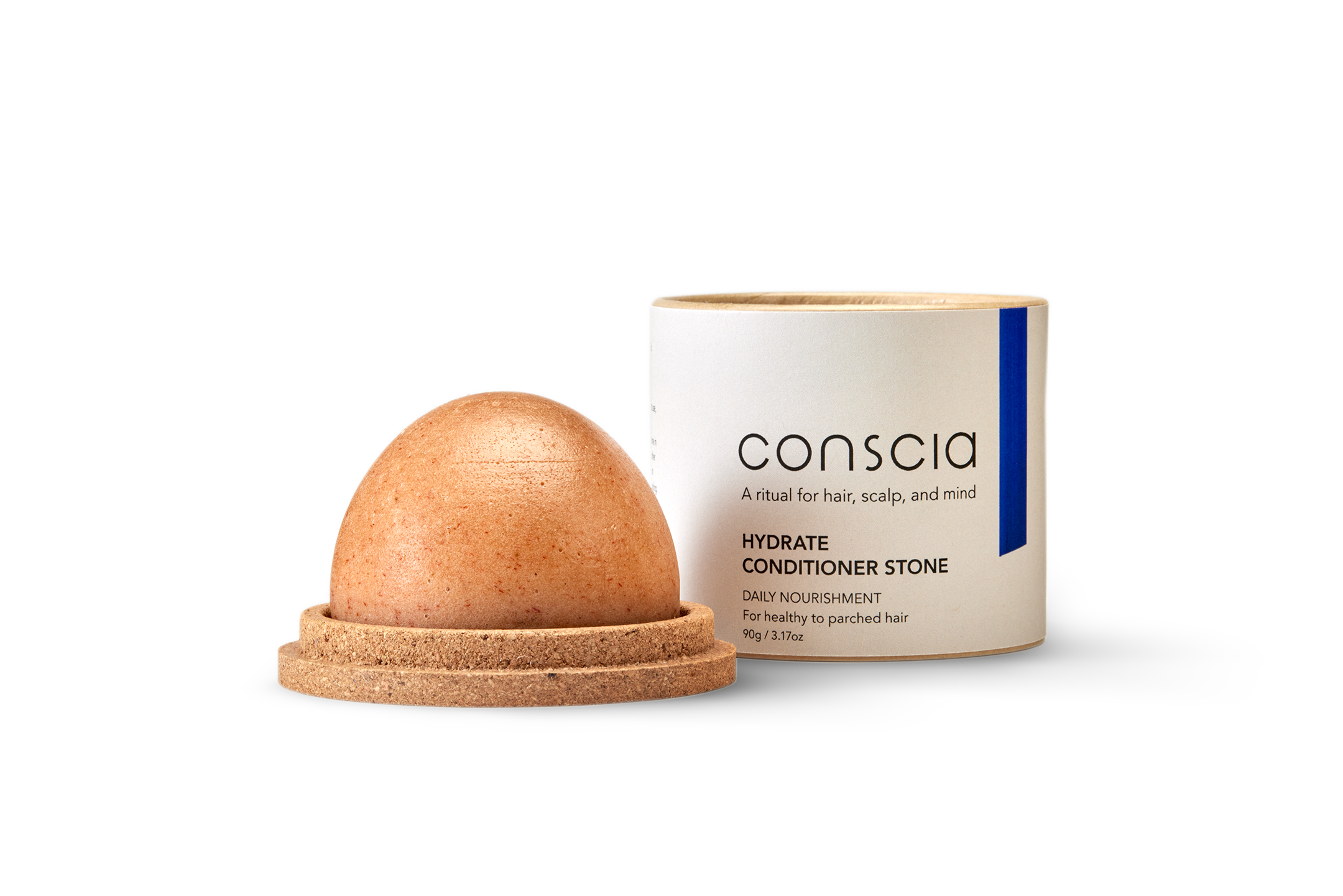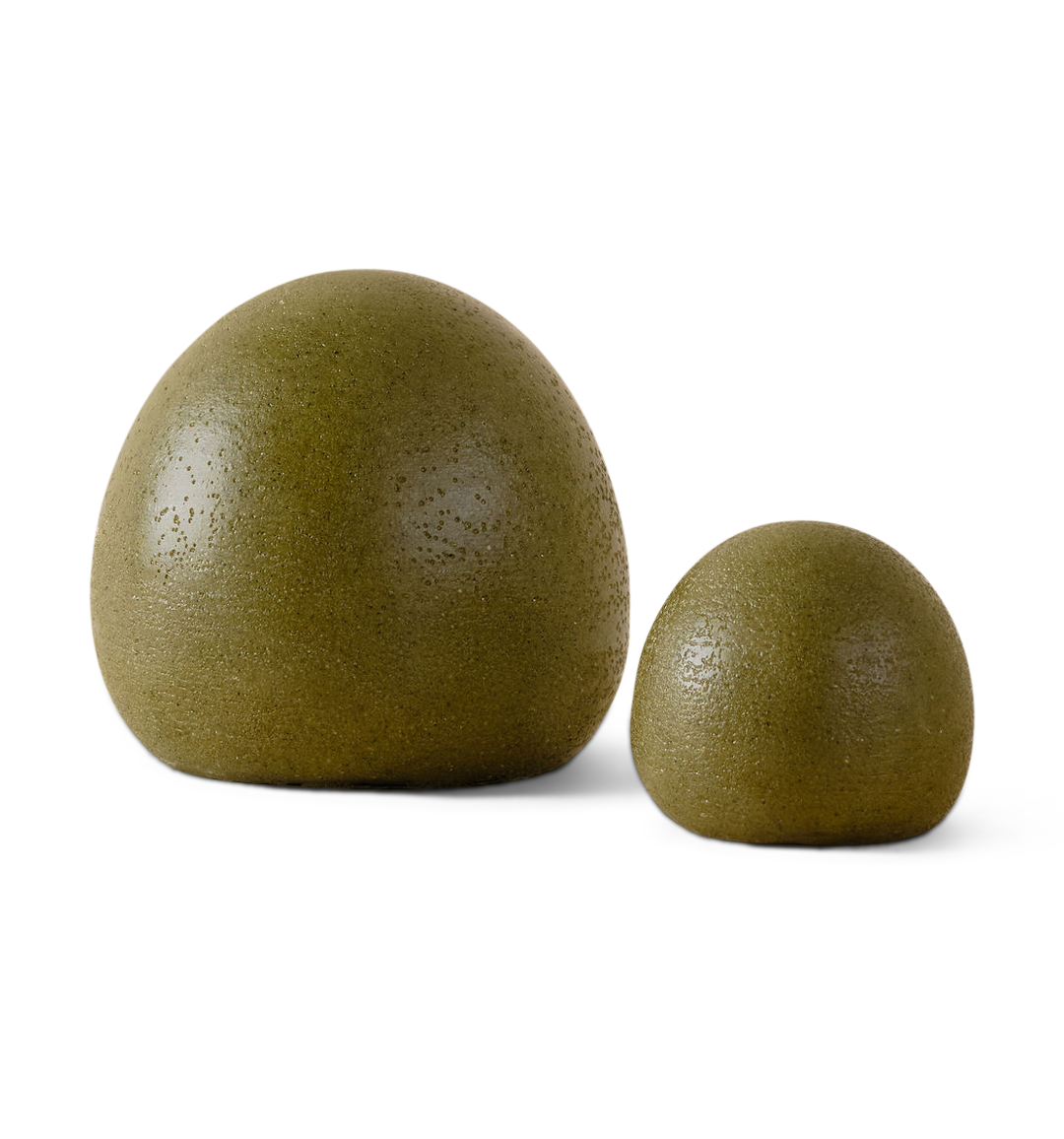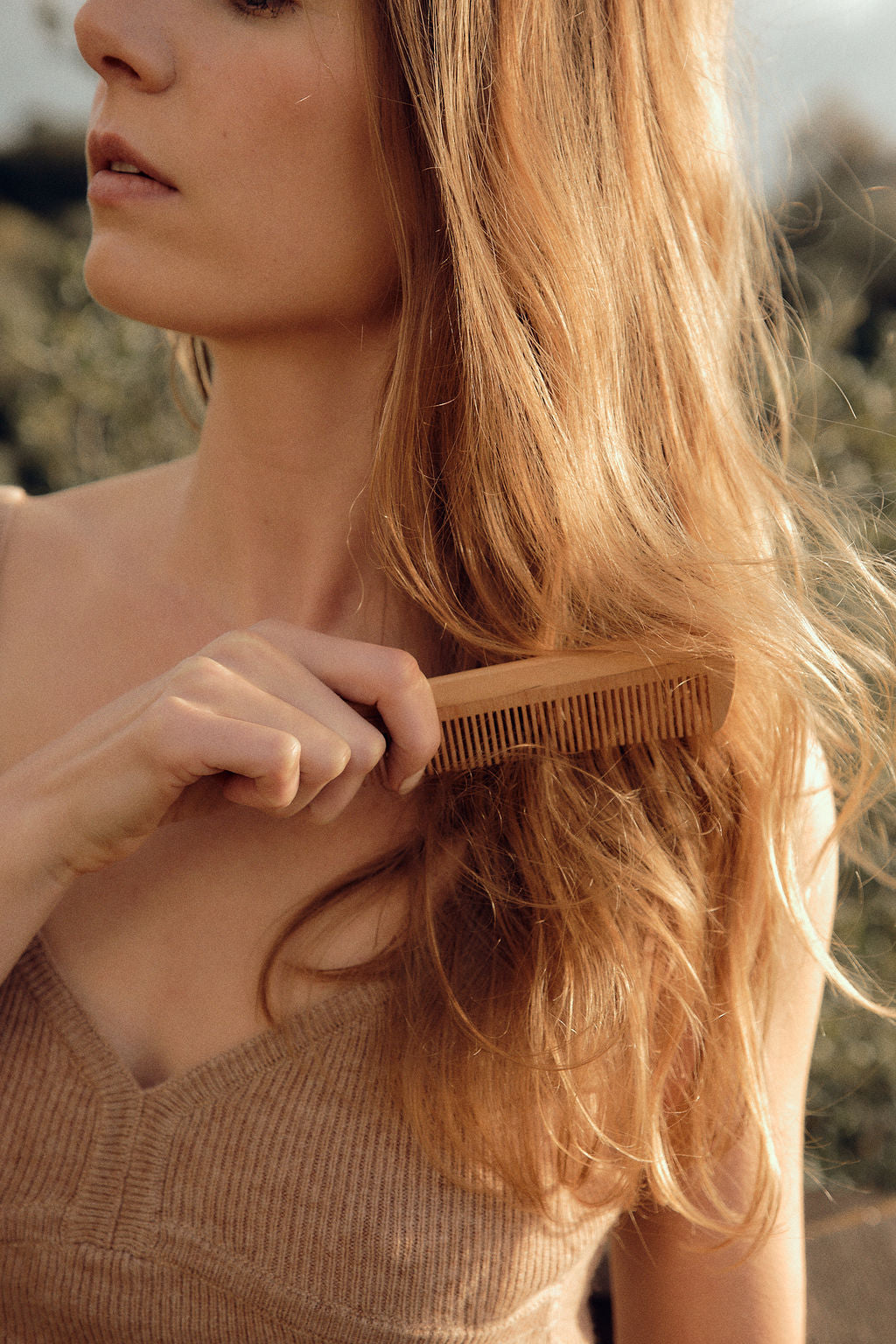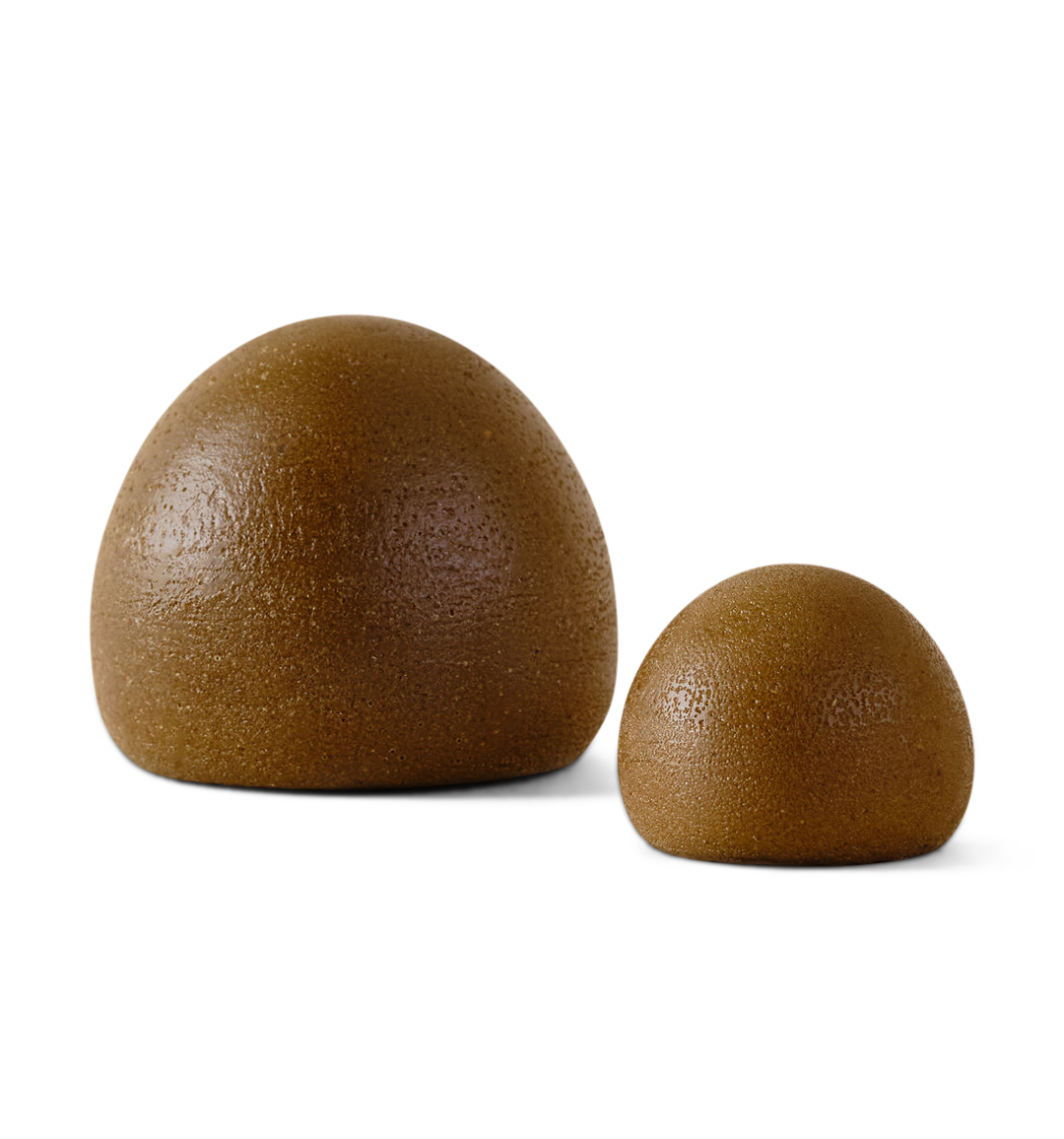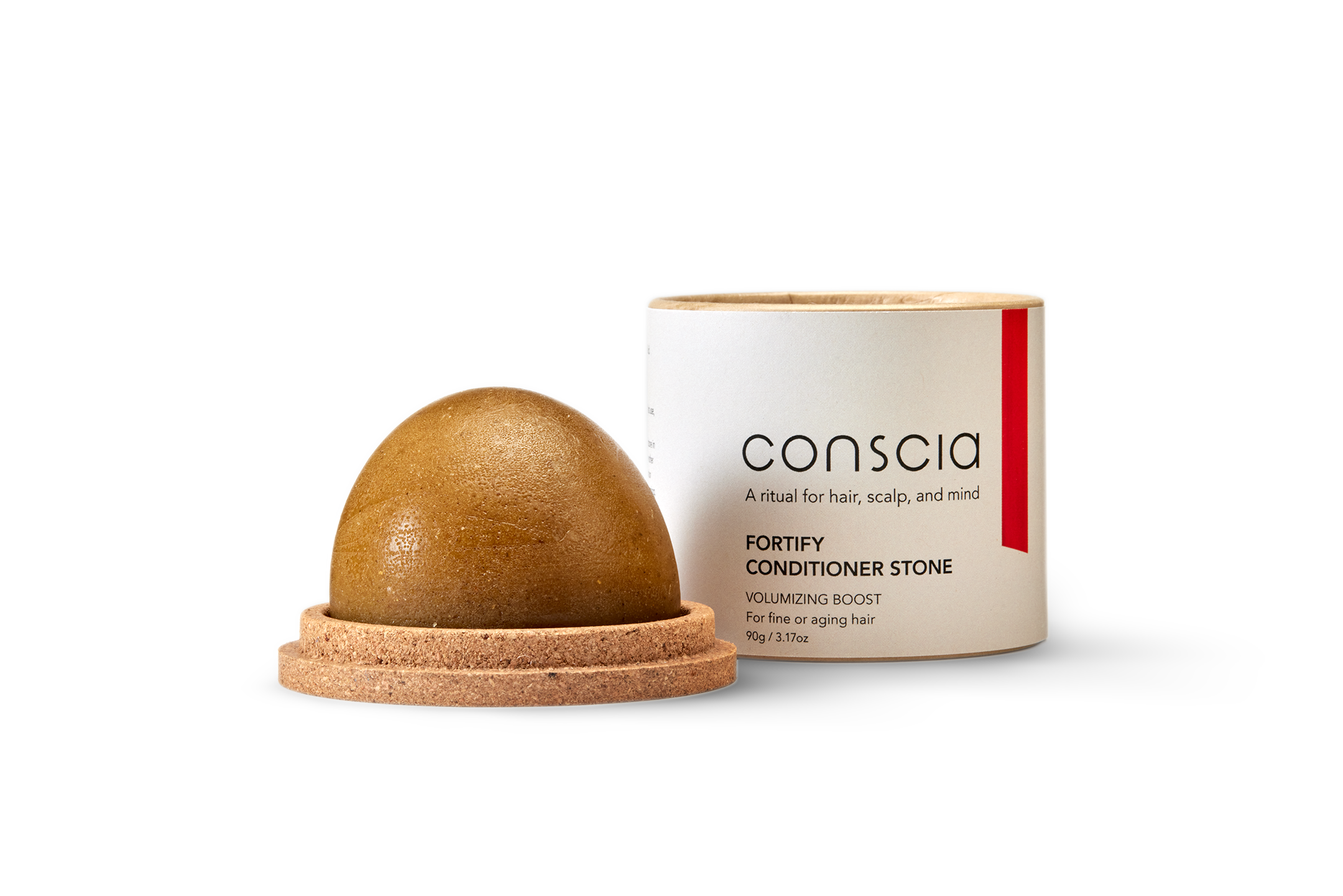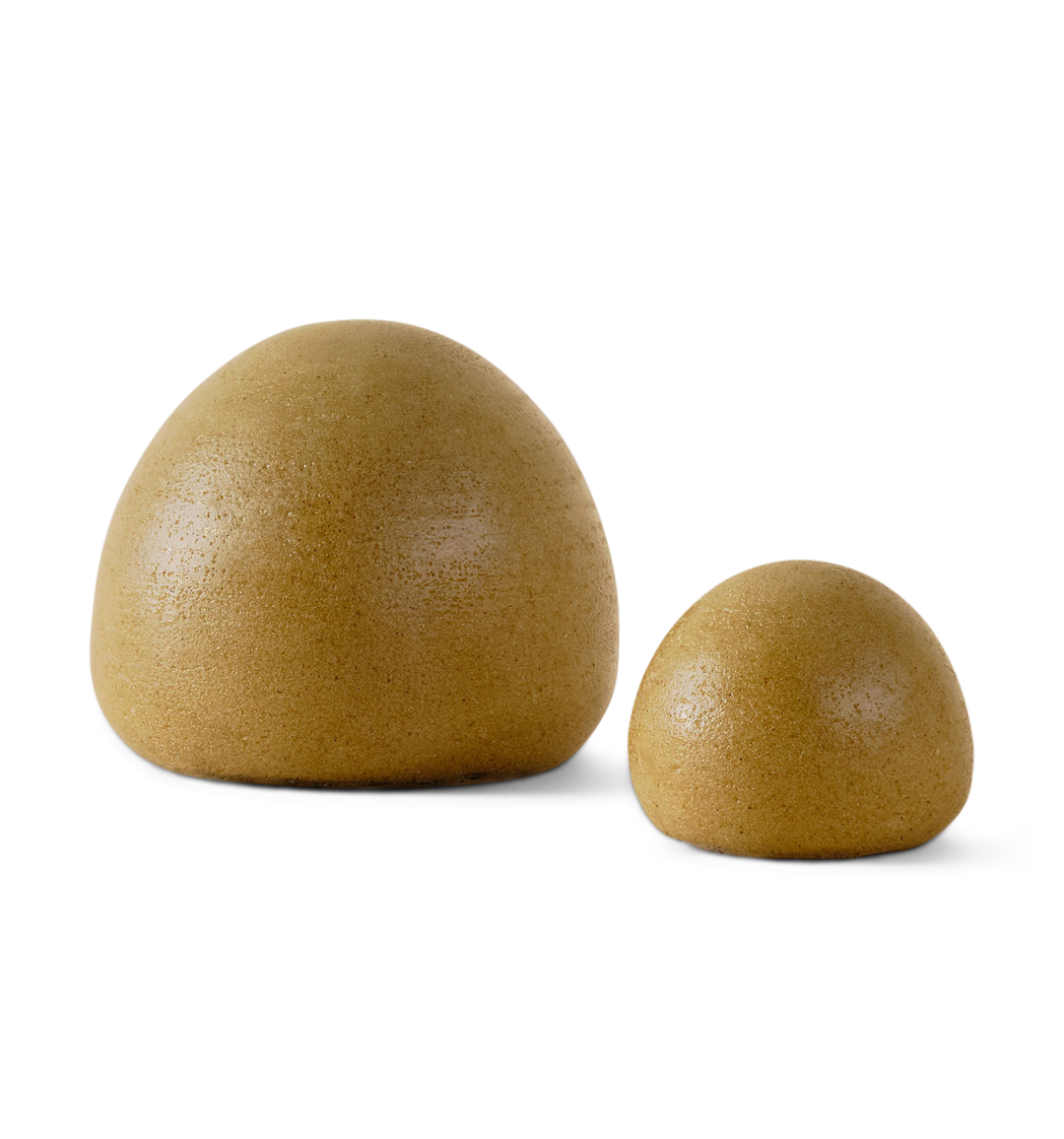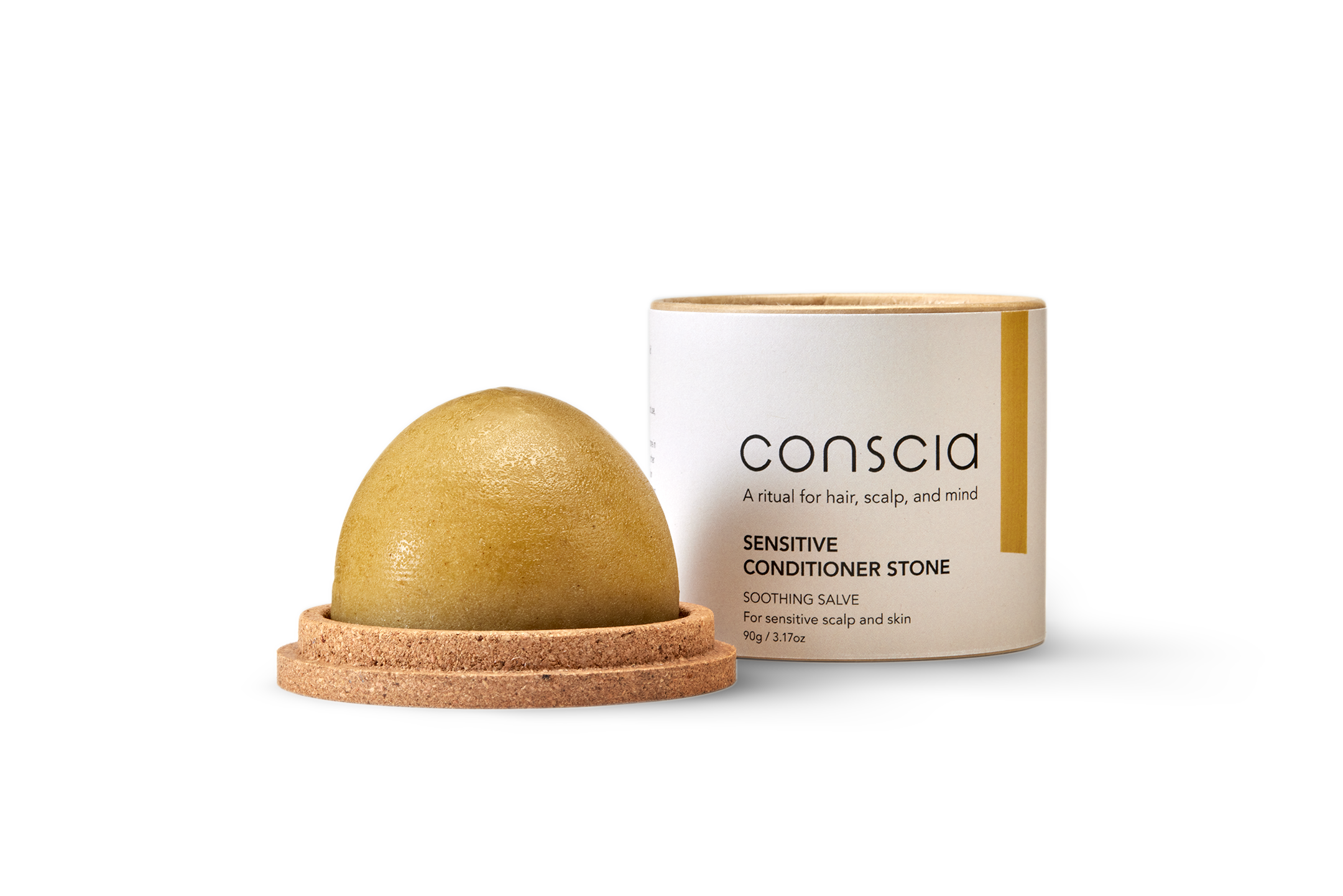Water Spoke To Me
In Dialogue With Photographer Denisse Ariana Pérez
Barcelona-based photographer Denisse Ariana Pérez brings an anthropological rigor to her pursuit of people, looking at issues of race, gender, identity and subculture, and interrelating those subjects with environmental surroundings ranging from urban to extreme nature.
Born in the Dominican Republic to an Afro-Caribbean father and White Dominican mother, Denisse, 33, has a rich global perspective gleaned from her college years in New York, followed by stints in Stockholm and Copenhagen, and punctuated by trips to East Africa and beyond. She has delivered searing editorial imagery for publications including The Guardian, El Pais and Dazed, and her personal body of work is increasingly popping up in reputable institutions such as Photo London and Fotografiska.
From now until June 2022, her photography will be seen on bus shelters in New York, Chicago or Boston, as part of the Public Art Fund’s Global Positioning initiative. But it was the publication of her recent (and now sold out!) book Agua which piqued our curiosity as a zero-water company and led us to collaborate with her on a series of bespoke images for Conscia. 
“I wasn’t fully conscious of it, but subconsciously I was chasing water.”
Let’s start with Agua — a topic we’re clearly also passionate about. What inspired you to do a book on water?
I was born on an island but never spoke to water. Years later, water spoke to me. The project started about three years ago. I had a couple of spiritual awakenings and became more perceptive about nature and water. Water made me feel incredibly connected to myself but also a general connectedness. I realized that I wanted to be able to allow others to connect. I photographed people who lived near water landscapes. Later on my publisher reached out, and I told them, I have a theme and a name. I decided to go to different parts of the world and look at different types of water and skins, to showcase diversity.
How did you find your subjects?
Some are people I know—friends of friends, dancers, etc.—and some were through street casting. The boys with Albinism I met while working with an organization in Senegal and Uganda.


As someone of mixed race, do you feel compelled to explore
diversity in your work?
I think my work is rebelling against things I grew up with. Choosing to photograph the beauty of people of color is going against the more conservative and racist Dominican culture. There is no celebration of blackness in the Dominican Republic.
Why do you prefer film to digital?
I will shoot digital if I have to, but it’s mostly film since three years ago. I use a Nikon F2 35mm camera. My process changed when I made that camera change. I became more disciplined, questioning each photo: Is this worth a frame? I photograph people mostly, which creates an intimate space. Film allows neither myself nor the subject to know what is happening. Film takes trust.


How do you approach environmental
awareness?
In my personal life, I try to be aware of a sustainable use of products and reducing plastic. I go around with a reusable bottle of water. Fortunately, I live in a place where tap water is filtered and that enables me to do that.
Tell us about your hair fabric.
That has also been a journey. It was straightened until about four or five years ago. Not chemically but with a blowdryer and flat iron. This is embedded in Dominican culture. Wearing your natural hair was not something deemed as polished or presentable— I don’t think I could have gone to my private school with an Afro or braids. It would have been too “Black.” I only knew myself this way and wanted to see my hair curly, as I had always admired that. I called my best friend and told him I need an ally—nobody had taught me, none of the female figures in my life. So I learned on YouTube and found a community there around natural hair.
From that day I never went back. The first year, I let it grow natural. It was changing every month after all those years of damage. It was like having a plant that you are nurturing from birth. After a year it found itself. It was such a liberating, momentous thing. And I did braids the first time this year—another new experience. It felt like a rite of passage. Now it’s a way of protecting my curls.

Denisse Ariana Pérez
Location: Barcelona
Online: @denisseaps
Favorite natural element: Snake plants, succulents, eccentric leaves that are a statement piece.
Primary cause: Equality, not just gender equality but human equality and inclusivity. And the environment.
Icons and inspirations: Paintings by Egon Schiele. Vivian Maier and Andre Wagner. Junot Diaz’s work for its mixture of rebellion, playfulness, depth, pain and humor.
Current listening:
Flying by Garth Stevenson

What is your hair care routine?
I only wash it once a week, and I changed to using only natural products. When I wash my hair, I do it in the bath, and it’s a full ritual—I play music and light a candle. When my hair is curly, the whole process takes three hours, so I make it into an evening. For drying when it’s curly, I use a blow dryer on low heat and a diffuser. So it’s shampoo, conditioner, detangling, leave-on conditioner, diffuse it, then go in with a ’fro comb to puff it out so it becomes lush.
“I photograph in nature, and it’s a ritual to do so. I like to play with it, reimagine it.”

Other daily rituals?
I do yoga and meditate at many moments in life, from taking a short walk and having a moment of inner connectedness to having a conversation with the sun.
How do you relax?
I play music and burn Palo Santo in my room. Recently an album that has very much allowed me to just chill out is Flying by Garth Stevenson. Especially the song "Southern Sea". I am known to put a song on repeat.
What does beauty mean to you?
I force myself to focus on beauty in my work, so I am constantly looking for it. Maybe I’m a radical optimist. A lot of the time I photograph people who don’t consider themselves beautiful, but I do. Beauty is in the energy and the skin of people. Poetry is everywhere. Beauty is poetry. Honesty is beautiful.


